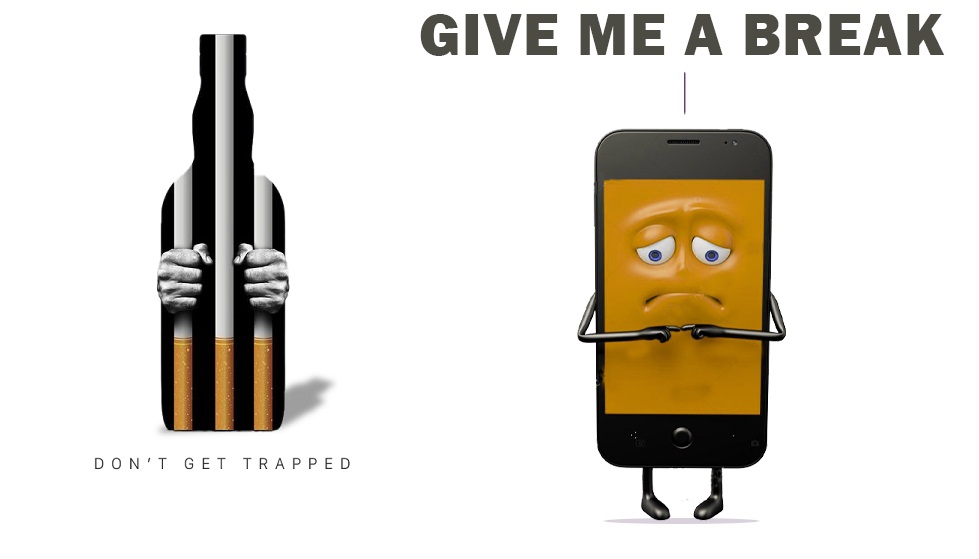Pune: ‘Saiyam’ Connects With Over 7,000 Students to Help Them Abstain From Various Addictions

Pune, October 11, 2020: The Tarachand Ramnath Seva Trust which launched ‘Saiyam’, an anti-addiction awareness initiative last year in affiliation with Jnana Prabodhini’s Institute of Psychology (JPIP) with the focus on substance abuse, media and internet abuse and sexually risky behaviour among adolescents aged 13 to 16 years has released its Impact report of the year 2019-20.
The report of the project revealed that after conducting the various tests and activities on the youth not only their thoughts and opinions but also their behaviour had changed over addictions.
The online publication of Saiyam’s 2019-20 report was recently presented in a webinar in the presence of Rati Forbes, Forbes Marshall Director and Head of Social Organization and Mukta Puntambekar, Director, Muktangan Rehabilitation Centre.
Trustees of Tarachand Ramnath Seva Trust including Ratan Rathi, Shraddha Halan and Nandkishore Rathi, Dr V. S. Subhash Deshpande, Vice President of Jnanprabodhini Research Institute, Dr Anagha Lavalekar, Director, JPIP and members of the Trust including Darshan Mundada and Poonam Pandit were present at the webinar. The trainers who participated in the ‘Saiyam’ initiative were also appreciated by giving online testimonials.
The report said that in 2019-2020 with the help of 210 volunteers and trainers, the Trust managed to reach out 7,297 students from 56 schools to ensure their commitment against any kind of addictions and help them abstain from them through counselling. The entire training lasted for 1,033 hours with 22 sessions from August 2019 to June 2020.
Accordingly, the JPIP had prepared a module and a curriculum through its volunteer group called ‘Samvadini’ which carried out several pre-tests and post-tests on the subjects on addiction through sessions in each school in Pune district over the past one year.
As per the report, out of 7297 students, 59% children showed a positive change in their level of awareness regarding myths and misconceptions regarding addictions, while 61% children showed a positive change in their level of awareness regarding knowledge and attitude about sexuality issues including gender sensitivity. Accordingly, about 57% of children showed a positive change in their assertiveness, level of frustration tolerance, delay in gratification and loss of control.
Speaking on the issue, Rati Forbes said, “The report of the ‘Saiyam’ initiative shows that addiction is at the root cause of all the problems. While taking steps towards fulfilling the dream of a healthy society, it is important to reach out to urban as well as rural areas.”
Mukta Puntambekar said that the message that addiction brings happiness and reduces stress is spreading in society through the media and films.
“But at the same time, it is necessary to dispel the doubts of the boys and girls by giving them the right answers. It is important to implement awareness-building activities like ‘Saiyam’ all over the country. We need to focus on the availability of positive addictions rather than negative ones,” she said.
In 2021, while implementing ‘Saiyam’ activities on the backdrop of COVID19, the Trust will be conducting 70 per cent online training and 30 per cent classroom training.
“In the near future, we will reach out to at least 12,000 students through 300 swayamsevaks in Pune, Pimpri-Chinchwad and surrounding areas, and we will also look at how children interact with others, the way they think and behave with changes. We are currently working on the digital or screen addiction among children,” said Darshan Mundada.
Dr Anagha Lavalekar said, “We have to introduce the anti-addiction courses in the education system to refrain students from using narcotics and other habits. Self-regulation is very important and it should be inculcated into children from an early age through dialogue and experiences.”
Follow and connect with us on WhatsApp Facebook Twitter Linkedin YouTube Instagram





